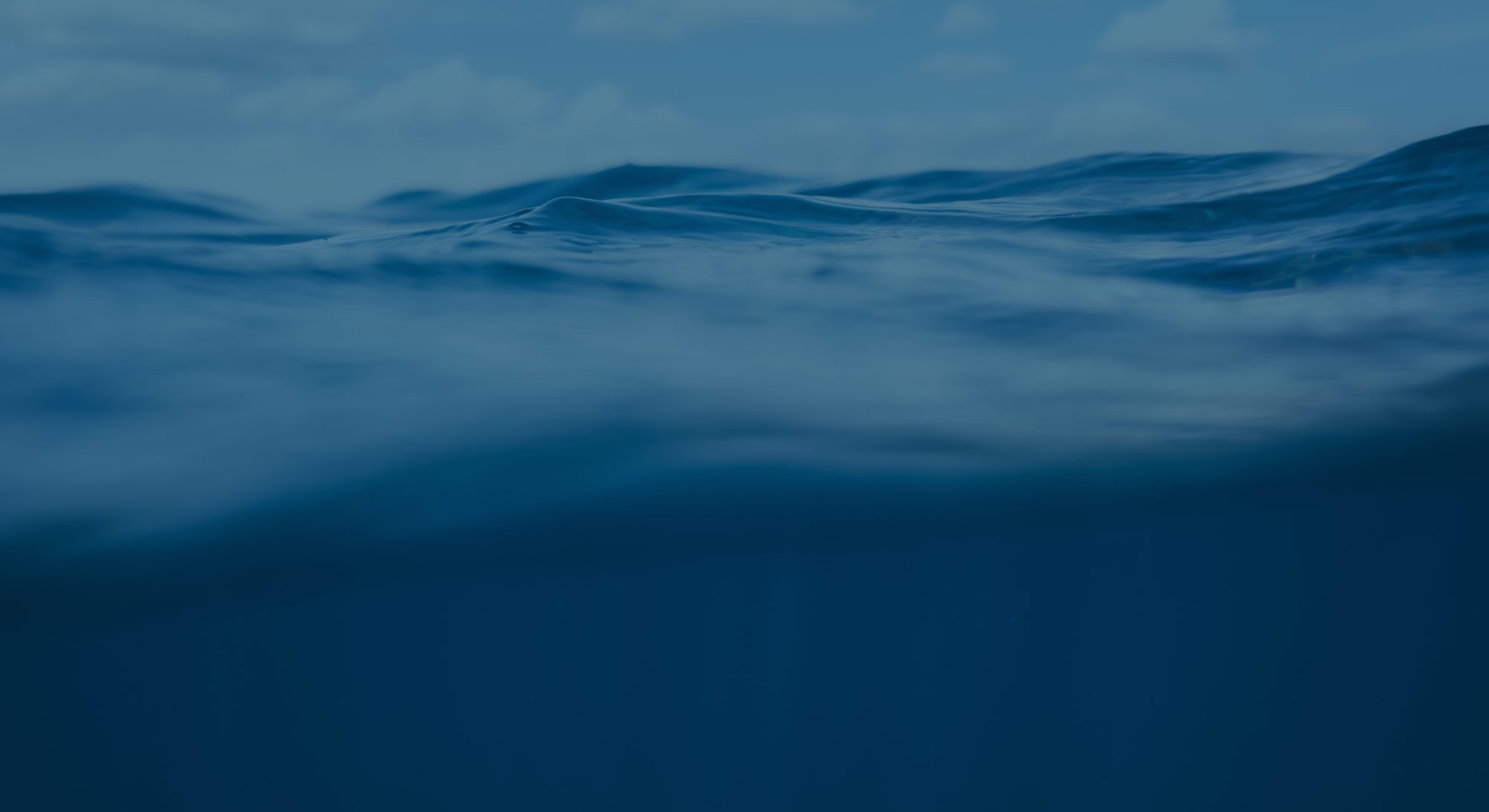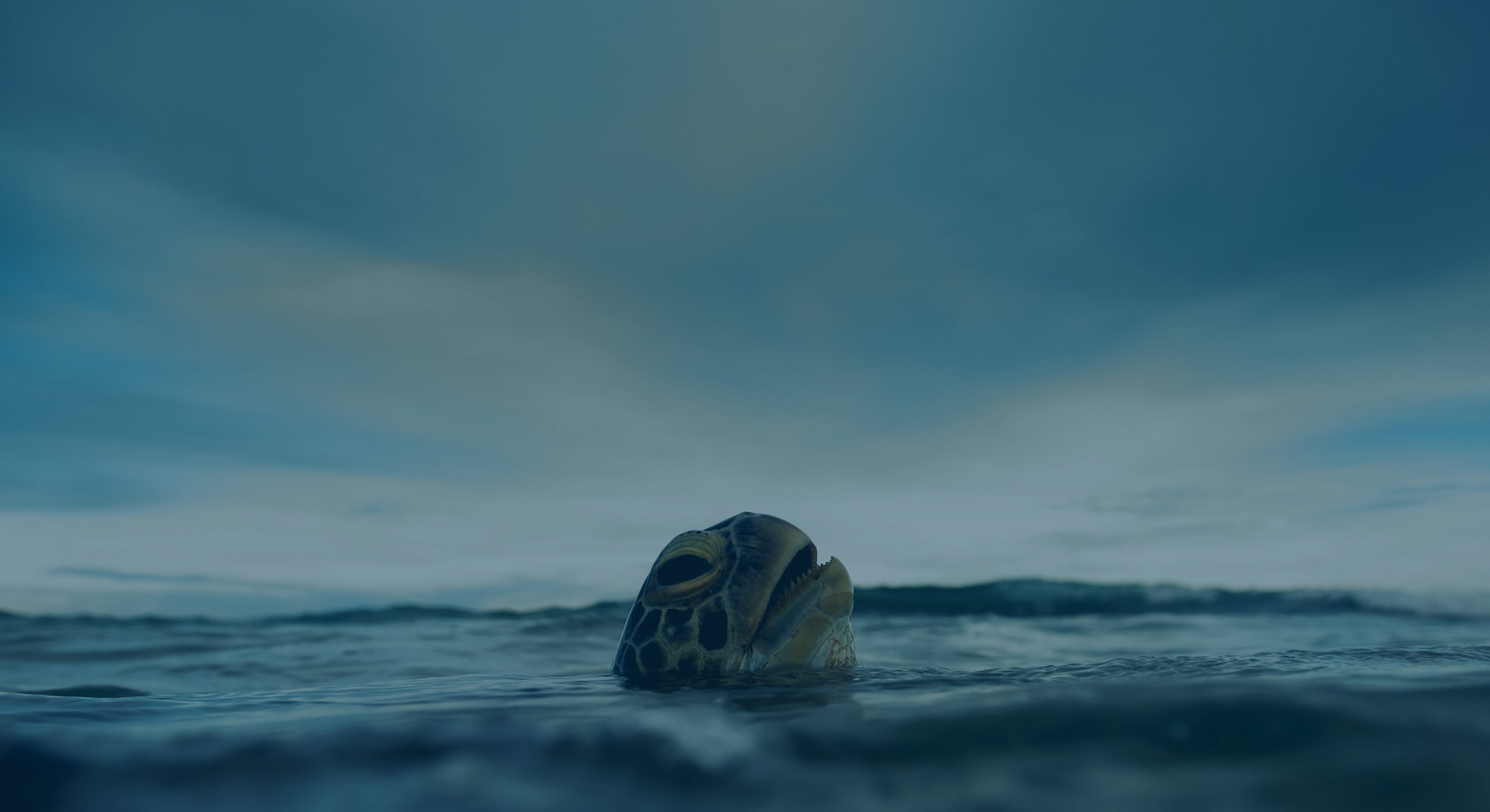
Seafood Scout
Cook with Confidence.
Choose with Care.
You came here for cooking tips—and you’re in the right place. Our videos show you exactly how to prepare the seafood featured in The Blue Food Cookbook so you can bring recipes to life with ease.
Watch the Cooking Videos Now
But because how we source matters just as much as how we cook, you’ll also find quick guidance on choosing seafood that’s good for your health and the planet.
Think about these simple questions next time you shop to source the best, tastiest seafood for you and the ocean.

your voice matters.
let it be
heard.
Make some noise when you ask about the seafood's source at restaurants or stores! Your questions create a ripple effect for responsible seafood. When chefs and managers see your interest, they'll likely work harder to choose more sustainable options, protecting our waters and giving us better choices to enjoy.
Based on their responses, you're in control. Decide on the spot or explore other options. Remember, there are plenty of responsible alternatives out there!
And hey, don't forget about tasty, eco-friendly choices like bivalves (oysters, clams, mussels) and sea veggies like seaweed and kelp. These are not only good for the planet but also packed with nutrients for you!
THE MOVEMENT STARTS WITH YOU.
These videos pair with recipes from The Blue Food Cookbook.
Scroll to find the seafood you’re cooking and follow along.
Conscious Decisions.
Powerful Impact.
Simple ways to
DIVERSIFY YOUR PLATE
-
Opt for lesser-known fish like wreckfish, sole, rockfish, sablefish, sanddab, tilefish, drum, or Arctic char. They're environmentally friendly and delicious alternatives to typical choices.
-
Just like with veggies, when done well, freezing seafood instantly locks in flavor and nutrients. It also allows for longer storage and less carbon pollution in shipping.
-
Similar to frozen products, canned seafood has a long shelf life and can integrate more parts of the fish (e.g., bones), so it creates less waste.
-
Show your love for all farmers, on land and water. Like many other foods we consume, farmers help keep the foods we love on our plates with greater consistency in quality, availability, and price.
-
Check in your area if it’s possible to buy directly from local fishers and water farmers. Buying locally sourced seafood supports your local communities and can come with lower carbon pollution.
-
Seafood is more nutrient-dense and a lower carbon pollution option compared to terrestrial animal proteins.
simple ways to
REDUCE WASTE
-
Practice portion control to minimize food waste. Purchase only what you need and try new recipes to use all parts of the fish.
-
There are also numerous creative (and delicious!) ideas to try: “wings” made from fish collars, skin chips, and fish broth, to name a few.
-
Properly dispose of seafood waste to prevent pollution. Compost shells and scraps (rather than throwing them in the trash) or check if your community has seafood recycling programs. Encourage local seafood distributors to work with groups such as the 100% Fish Project.

GO BEYOND THE PLATE
Remember to embark on this blue food voyage with curiosity and enthusiasm. By making informed choices and advocating for responsible practices, together, we can ensure healthy oceans and abundant seafood for generations to come.
EMBRACE RESPONSIBLE SEAFOOD CULTURE
-
Explore cultural seafood traditions that prioritize sustainability. Learn from Indigenous communities and coastal cultures that have long practiced respectful stewardship of marine resources.
-
Share your responsible seafood journey on social media platforms. Inspire others to join the movement by showcasing delicious, diverse and eco-friendly seafood dishes and experiences.
STAY INFORMED
AND ADVOCATE
-
Keep abreast of current issues about responsible seafood. Follow reputable sources, attend workshops, identify local fishers and farmers, and engage with conservation organizations.
-
Share your knowledge with friends and family. Encourage them to join the responsible seafood movement by making informed choices.
-
Support policies and initiatives that promote responsible fishing and farming practices and protect marine ecosystems. Write to policymakers and support campaigns advocating for ocean conservation.

seafood LABELS you can trust.

ethical experts to guide you

We can save the world’s waters. And they can save us.







